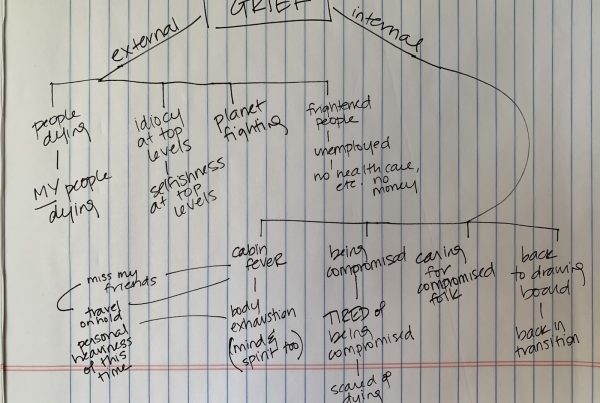One of the frustrating things about joining a big law firm straight out of law school is that I got specialized very early very quickly. Don’t get me wrong, I think bankruptcy law is interesting and fun (I’m not crazy, my mother had me tested), but I am not the person you want to call if you, say, need a will drafted or a divorce brokered. The law has gained from this specialization as litigation and negotiation has gotten more complex with bigger deals and bigger problems as a result, but I also think that the law has lost something as well. The small town, jack-of-all-trades attorney is a dying breed. And, for nostalgia if nothing else, that makes me sad.
I’m beginning to encounter the same difficulty in medicine. I have a general practitioner, who knew enough about my heart to know to send me to a cardiologist when it sounded odd back in June. The cardiologist saw fluid around my heart and tried to admit me to the hospital, but it was too late in the day for him to do it directly, so I had to go through the ER. The ER doctors were the ones who thought a chest x-ray was a good idea, thus the lymphoma was found. And then I got an oncologist.
I sometimes wonder if I’d shown up earlier to the cardiologist and was admitted directly to the cardiac intensive care unit if I’d ever have gotten that chest x-ray. General practitioners like my primary care doctor and the emergency room doctors are important for precisely that reason. Something weird was going on with my heart, so the ER doctors decided to get a chest x-ray to really see what was going on. Not just with my heart, but with my whole chest cavity.
Now that I’m in diagnostic limbo, I have an oncologist and a surgeon. And I’ve now met with a second opinion oncologist and a second opinion surgeon. In meeting with all four, I’ve gotten surgical advice from oncologists and cancer advice from surgeons, and generally, each has been wrong about the other’s specialty. At the end of the day, it’s fine, because I’ve met with all four. But in the middle, its mind-blowingly frustratingly irritating. Oncologists telling me that surgery does not need to be very invasive to get what needs to be gotten. Surgeons telling me that radiation may not be necessary once the thymus is removed because there’s nothing left to radiate. I understand that everyone wants to be helpful and to give me “good” advice (as in, “everything’s going to be fine” advice), but sometimes it would be more helpful to just stick with what they know best.
It turns out that the best, easiest, and possibly only way to get my tumor out of my chest is to go through my sternum. Yes, if I need to have surgery I’m going to have a conversation with my surgeon about whether he has to cut my entire sternum (full sternotomy) or just the top half (partial) to get to my tumor and my thymus, but pulling my entire thymus out is the only way to get my tumor, and the only way to safely do that is to go through my sternum. Because there is so much right near my tumor (aorta, superior vena cava, heart, lungs), there is a high possibility that something could get nicked. It is less likely that this will occur via a sternotomy because everything is right there for the surgeon to see. Also, if it does happen, it’s easier to fix once my chest is already opened up.
It also turns out that radiation may or may not be an option for further treatment, but it has nothing to do with the thymus/tumor being gone. But this is a subject for a later post that hopefully I won’t ever need to write.
No one, except Commander Data from Star Trek, could be an expert in all of this, which is what makes the specialization necessary. But sometimes I really wish that they would keep their educated guesses to themselves. And then again, I would probably be just as frustrated if they didn’t.


